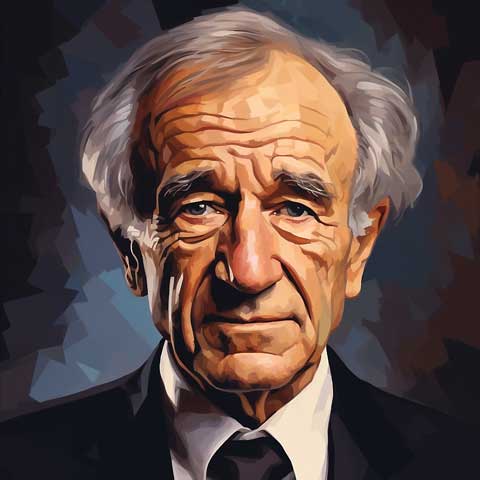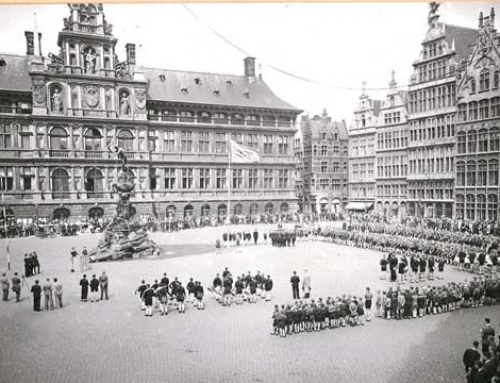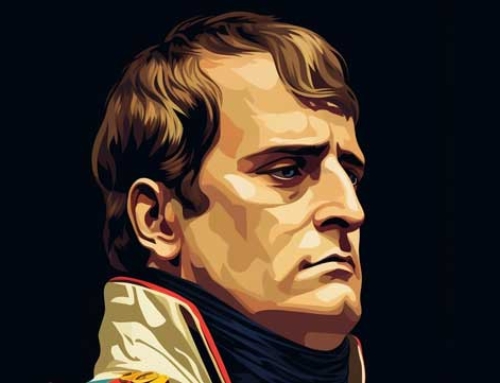Embark with us on an odyssey into a somber epoch of global history, illuminated through the lens of Elie Wiesel. This inaugural blog entry acquaints you with this extraordinary individual and his seminal work, “Night.”
Elie Wiesel: An Abridged Chronicle
Born amidst the Carpathian landscapes of Sighet, Romania – then a fragment of Hungary’s dominion – on September 30, 1928, Elie Wiesel’s early years were steeped in a Jewish milieu, rich in religious and cultural adherence. This serene tapestry of life was violently torn asunder by the cataclysm of the Second World War. At the tender age of fifteen, Wiesel, along with his kin, was ensnared by the Nazi regime and exiled to Auschwitz. In this abyss, he was bereft of his mother and youngest sibling, and as the war neared its end in 1945, he also lost his father.
Post-war, Wiesel sought solace in a French orphanage, pursuing his scholarly ambitions. His intellectual odyssey at the Sorbonne, delving into literature, philosophy, and psychology, sculpted his persona as a writer and philosopher. The indelible scars of the Holocaust perpetually influenced his life’s narrative and oeuvre.
1956 marked the genesis of Wiesel’s literary journey with the publication of “Night,” a poignant chronicle of the Holocaust. His influence transcended the literary realm, as he emerged as a vanguard of human rights, championing myriad global causes.
The Nobel Peace Prize in 1986 was a testament to Wiesel’s unwavering dedication to peace, human rights, and reconciliation, earning him acclaim as a harbinger of hope for humanity. Until his demise in 2016, he remained a beacon of hope and resilience, an indefatigable voice in public discourse.
Dissecting “Night” by Elie Wiesel
“Night,” initially penned in Yiddish and subsequently translated globally, presents a harrowing narrative of Wiesel’s ordeal in Auschwitz and Buchenwald. This work transcends mere autobiography or historical record; it is a profound meditation on the human condition.
Wiesel’s narrative confronts the erosion of humanity, both within and around him, and the profound impact on his faith and identity. The book grapples with themes of innocence lost, the harrowing fight for survival, and the existential crisis of faith and doubt.
“Night” stands as a testament to human tenacity and a clarion call against hatred and apathy. It compels us to introspect about our moral compass and the imperative of vigilance against malevolence.
The Essence of Remembrance
Commemorating the Holocaust serves as a homage to its victims and a pedagogical tool for future generations. It underscores the perils of bigotry and the significance of tolerance and human dignity. This act of remembrance is a bulwark against the repetition of historical atrocities.
Moreover, it acknowledges the resilience and fortitude of the human spirit, highlighting the necessity of Holocaust education to perpetuate this historical consciousness.
“Night” and the Contemporary Reader
“Night” offers a visceral, human perspective on the Holocaust, rendering it intimate and tangible. It serves as a conduit between past and present, underscoring universal, timeless lessons. The book fosters empathy and provides insights into identity, faith, and the human ethos.
In subsequent blog entries, we will delve deeper into “Night” and its enduring relevance. We invite you to accompany us on this reflective and enlightening journey.
Do you want the read the next article on the book “Night” by Elie Wiesel? Click here.






